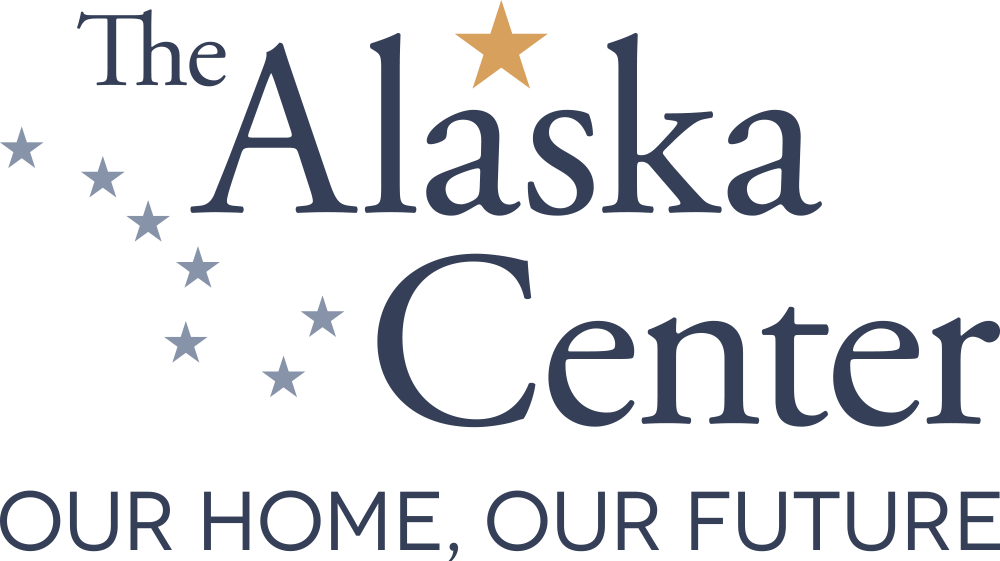I can’t say how many times I’ve seen a headline recently asking what is going on with the Eklutna River (Well, actually I can. Twice. Check out Emily Goodykoontz’ and Alex DeMarban’s article or Nat Herz’ podcast. I highly recommend checking out these pieces for a lay of the land understanding of what’s occurred.) But, my question, and one many …
Shifting to Transmission
Two weeks ago, several members of our team went to Juneau, in Á’akw Kwáan territory, for the Just Transition Summit. Over the course of four days, we heard from Indigenous leaders, youth, elders, labor movement experts, legislators, and other partners of ours about efforts to transition our economy away from extraction and toward resilience and regeneration. We discussed a wide …
Beyond Bill Numbers: Clean Energy Update
It’s the year of energy legislation in Alaska – and we’ve seen lots of big ideas introduced in Juneau. As bills make their way through committees and amendments, none of them come out looking exactly the same as the version that was introduced. To that end, we want to highlight the clean energy issues that have popped up in various …
Breaking Down the Alphabet Soup: Big Win for Renewable Energy!
Navigating the clean energy world can feel like staring at a bowl of alphabet soup. “Did you hear GVEA & CEA voted for an RPS that would fall under RCA and RRC jurisdiction?” For those of us who didn’t totally follow that, we’ll break down what happened during the first few weeks of the legislative session, and what that means …
Hot Takes in a Cold Place: Something Smells Fishy in Southcentral Alaska
Have you ever attended a public comment meeting that didn’t want the public to comment? I have. Six, actually. All in one week! The owners of the Eklutna Hydroelectric Project held information–erm, “public comment”–meetings last week in Palmer, Anchorage, and Eagle River. They were certainly “informational,” to say the least. Charts, numbers, and graphics, oh my. Cherry-picked information to intentionally …
Hot Takes in a Cold Place: 2024 Session is here, baby!
Discover the 2024 Alaska Legislative Session: Key insights into energy policies, democratic reforms, and their impact on Alaska’s future.
It’s Time to Shift the Power in 2024!
Can you feel the energy? It’s time for a significant change – a shift in power!Support Our Work – Donate!The concept of shifting power, whether in societal dynamics or energy generation, symbolizes a transformative journey with far-reaching effects. Socially, it means championing inclusivity, equitable decision-making, and elevating diverse voices for a fairer and more balanced society. In terms of electricity, …
Climate Hope in the Community Solar Garden
We are pleased to announce the introduction of our top legislative priority – Community Solar garden legislation – SB 152!
Another Great Race
The next twelve days could determine whether we are eligible & prepared for a massive investment in clean energy & transportation projects that will save Alaskans billions of dollars.
Sun and Wind 4EVER
HB 121 has a good chance of passing with your support. Stay tuned, but first, get out in that spring sun and feel the 4.5 Billion years of past, present, and future awesomeness on your unique and very special face.
